Coronation protests: did the Met overreact?
52 arrests were a ‘direct attack on freedom of speech’ said some commentators
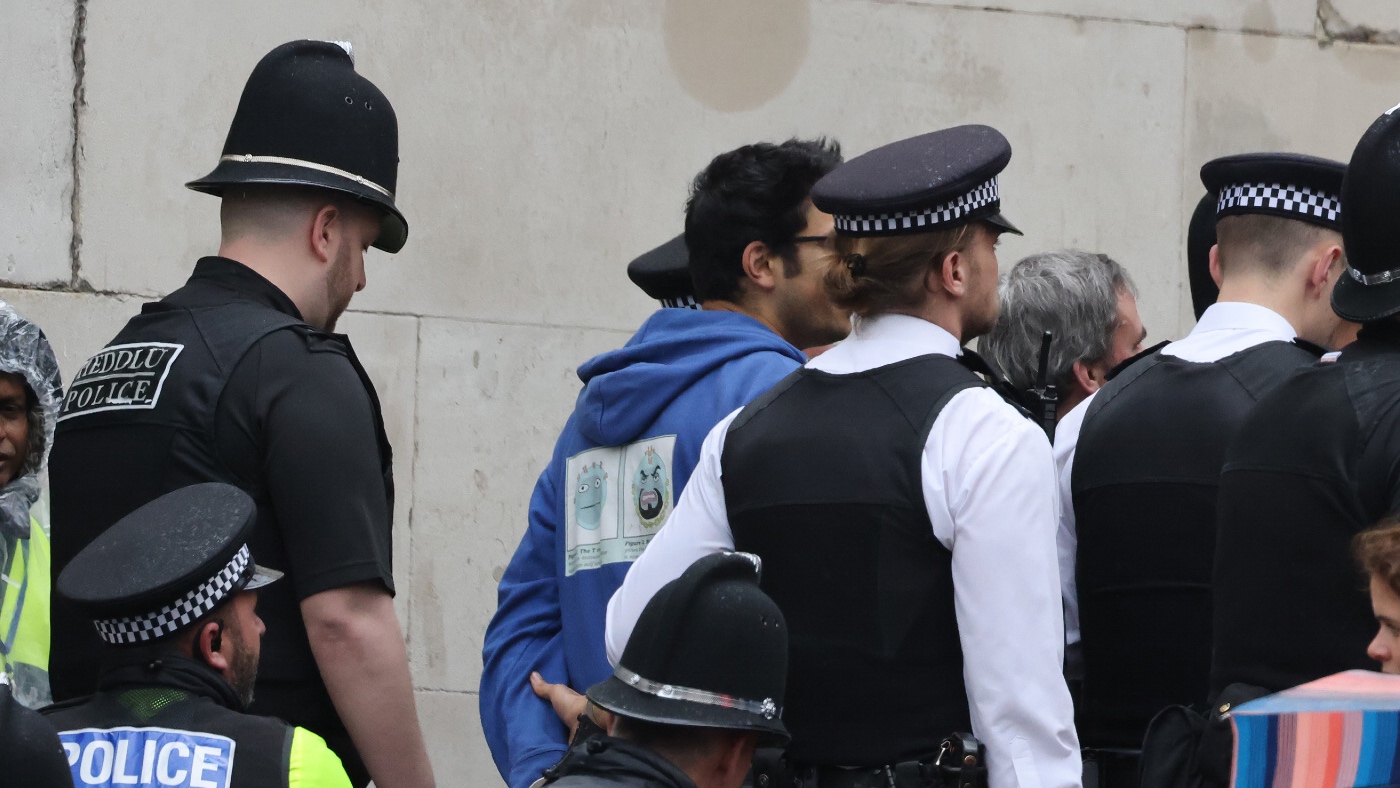
A free daily email with the biggest news stories of the day – and the best features from TheWeek.com
You are now subscribed
Your newsletter sign-up was successful
For many of us, the coronation will have passed by in a rainy blur of “pomp, quiches and bunting”, said Sonia Sodha in The Observer. But for members of the campaign group Republic, “things took an altogether more sinister turn”.
Its chief executive Graham Smith had spent months liaising with police over arrangements for a coronation day protest against the monarchy in Trafalgar Square. But when he arrived with other protesters at 7.30am last Saturday to unload placards, Smith and five others were arrested – apparently because police suspected that the straps they had brought to secure their signs might be used for a “locking on” protest.
They were handcuffed, bundled into the back of a police van, and held in custody for 16 hours. In total, 52 people were arrested on suspicion of planning to disrupt the event. Suspected offences included planning a breach of the peace, and conspiracy to cause a public nuisance.
The Week
Escape your echo chamber. Get the facts behind the news, plus analysis from multiple perspectives.

Sign up for The Week's Free Newsletters
From our morning news briefing to a weekly Good News Newsletter, get the best of The Week delivered directly to your inbox.
From our morning news briefing to a weekly Good News Newsletter, get the best of The Week delivered directly to your inbox.
‘We are not Russia, are we?’
In arresting the members of Republic, the police were making use of authoritarian new powers under the recently passed Public Order Act, said Suzanne Moore in The Daily Telegraph. The measures are aimed at countering the “guerrilla tactics” of groups such as Extinction Rebellion: blocking roads, “locking on” to buildings and so on. Some will be in favour of “disrupting the disruptors”. I would say: “be careful what you wish for”. This pre-emptive crushing of a respectable protest was a “stain” on the coronation, and a sign of a worrying new intolerance towards dissent. “We are not Russia, are we?”
The Act bans “disruption”, which it defines very broadly and vaguely, said Ian Dunt in The i Paper. This is absurd, because the purpose of protest is, to a large extent, disruption. It is “a direct attack on freedom of speech”.
‘Not a police state’
Freedom of speech and the ability to protest are “precious features of democracy”, said Melanie Phillips in The Times. But so, too, is the freedom for people to go about their own business – enjoying the coronation, say – without interference from others. The Metropolitan Police said they had “serious and reliable” intelligence that protesters planned to disrupt the processions by, for instance, using rape alarms to panic horses and sow havoc. That nothing of this kind took place is “a triumph”.
With hindsight, it’s clear that some of the police activity “was over the top”: in the case of Graham Smith and his Republic colleagues, the Met has admitted its error and apologised. But the police had a difficult balance to strike. And the fact that they got it wrong in a few cases does not mean that Britain has “turned into an incipient police state”.
A free daily email with the biggest news stories of the day – and the best features from TheWeek.com
-
 The mystery of flight MH370
The mystery of flight MH370The Explainer In 2014, the passenger plane vanished without trace. Twelve years on, a new operation is under way to find the wreckage of the doomed airliner
-
 5 royally funny cartoons about the former prince Andrew’s arrest
5 royally funny cartoons about the former prince Andrew’s arrestCartoons Artists take on falling from grace, kingly manners, and more
-
 The identical twins derailing a French murder trial
The identical twins derailing a French murder trialUnder The Radar Police are unable to tell which suspect’s DNA is on the weapon
-
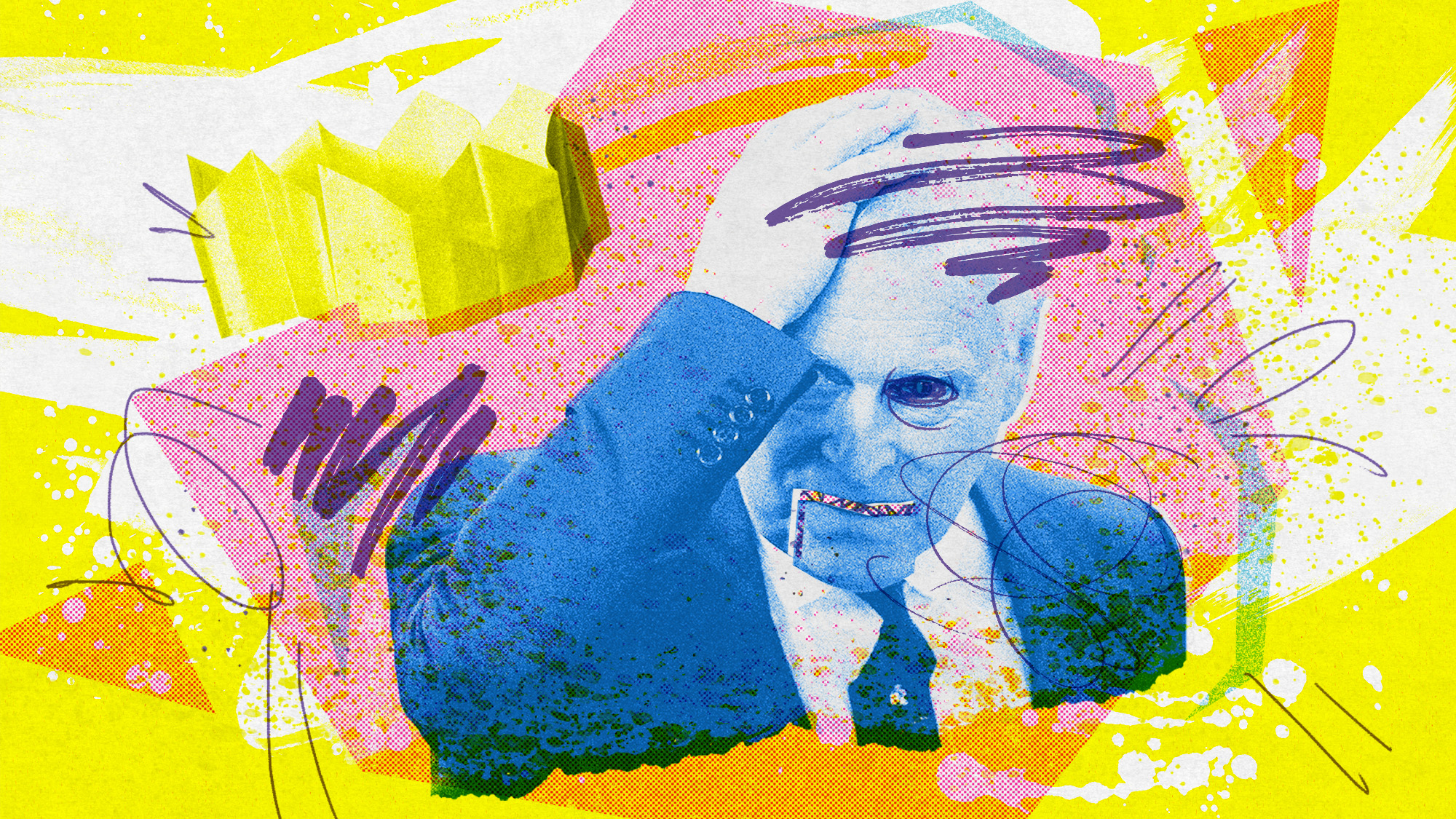 Is Andrew’s arrest the end for the monarchy?
Is Andrew’s arrest the end for the monarchy?Today's Big Question The King has distanced the royal family from his disgraced brother but critics claim a ‘fit of revolutionary disgust’ could still wipe them out
-
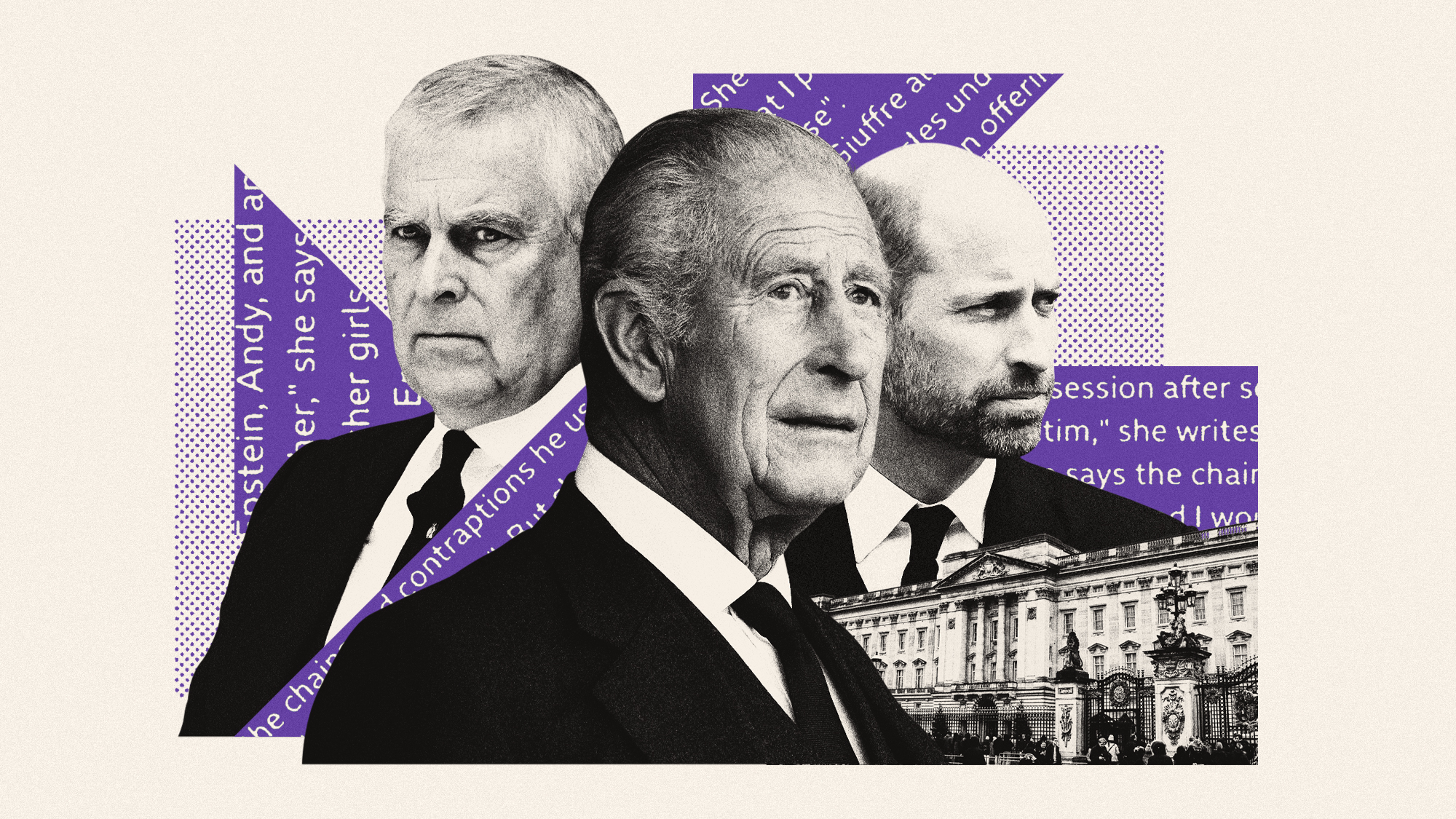 Prince Andrew: is the royal family doing enough?
Prince Andrew: is the royal family doing enough?Today’s Big Question King Charles faces calls for tougher action against Andrew after latest allegations about Virginia Giuffre and Jeffrey Epstein
-
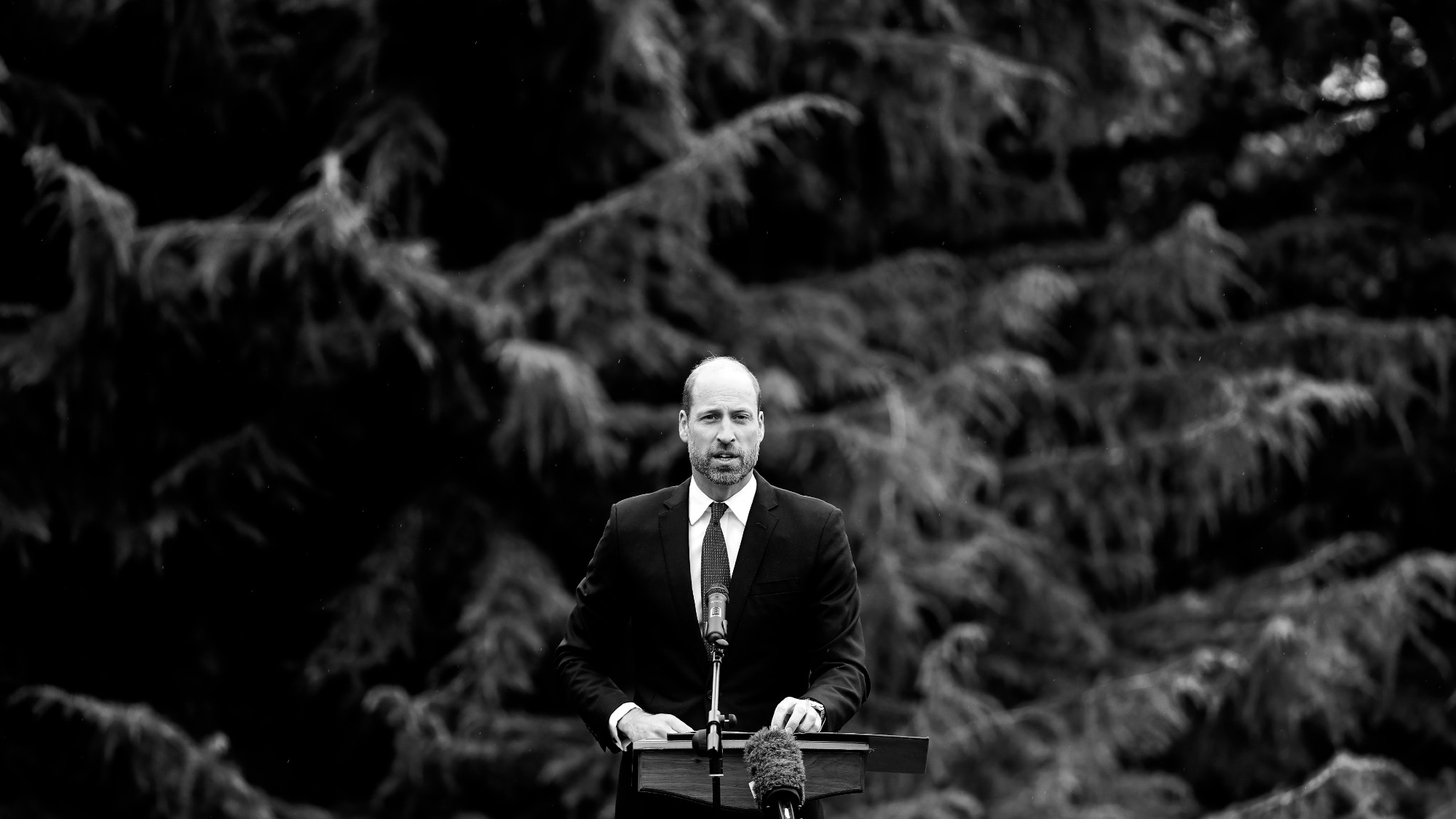 What will William be like as king?
What will William be like as king?Today's Big Question Prince of Wales said he won’t be ‘restricted’ by history when he takes the throne
-
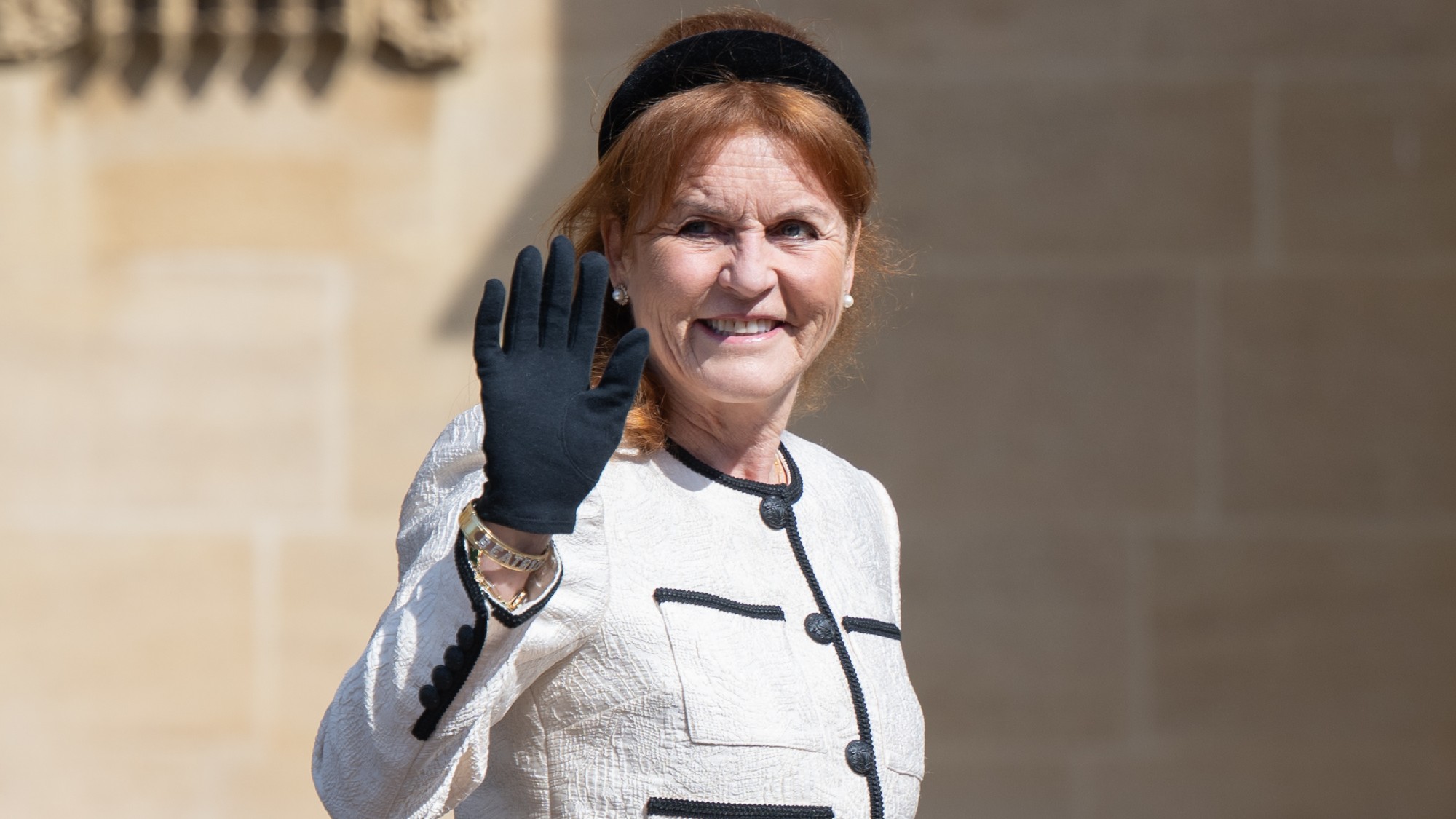 Sarah Ferguson: a reputation in tatters
Sarah Ferguson: a reputation in tattersIn the Spotlight After emails surfaced revealing ties to Jeffrey Epstein, weeks after she claimed to cut contact, her charities are running for the hills
-
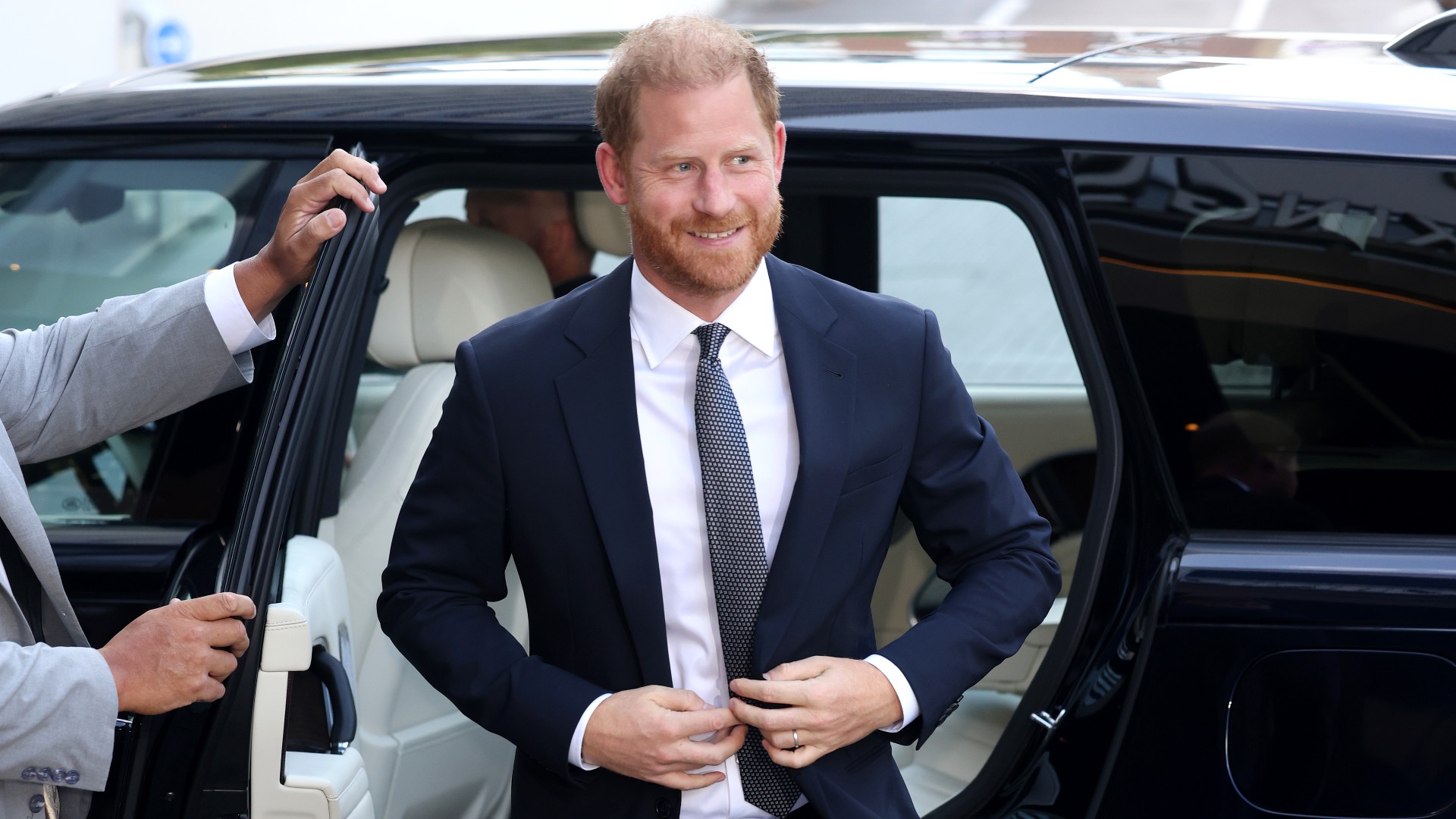 Prince charming: Harry’s tea with King sparks royal reconciliation rumours
Prince charming: Harry’s tea with King sparks royal reconciliation rumoursTalking Point Are the royals – and the UK public – ready to welcome the Duke of Sussex back in?
-
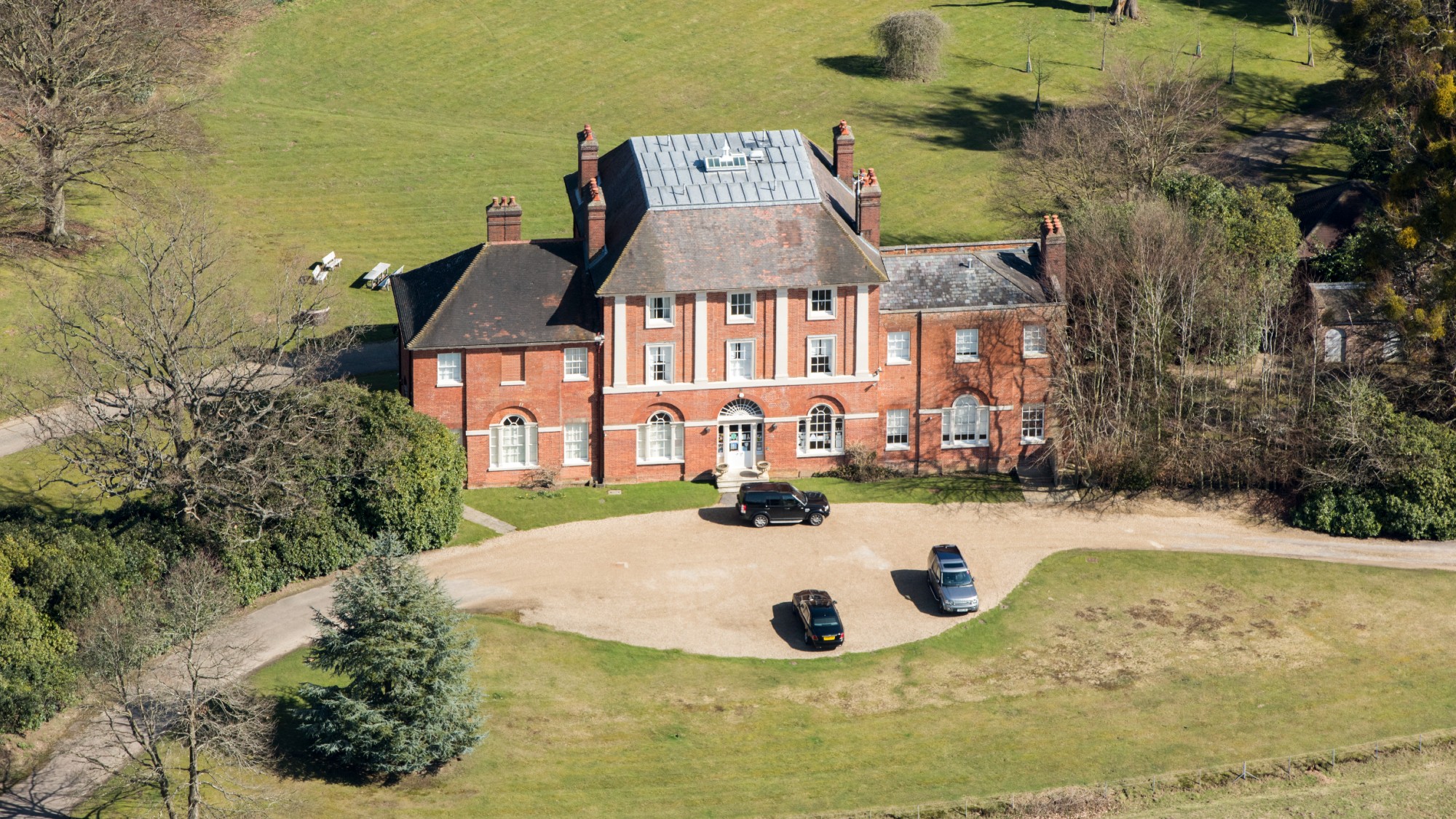 Forest Lodge: William and Kate's new home breaks with royal tradition
Forest Lodge: William and Kate's new home breaks with royal traditionIn the Spotlight Wales' said to hope move to 'forever home' in Windsor Great Park will 'leave unhappy memories behind'
-
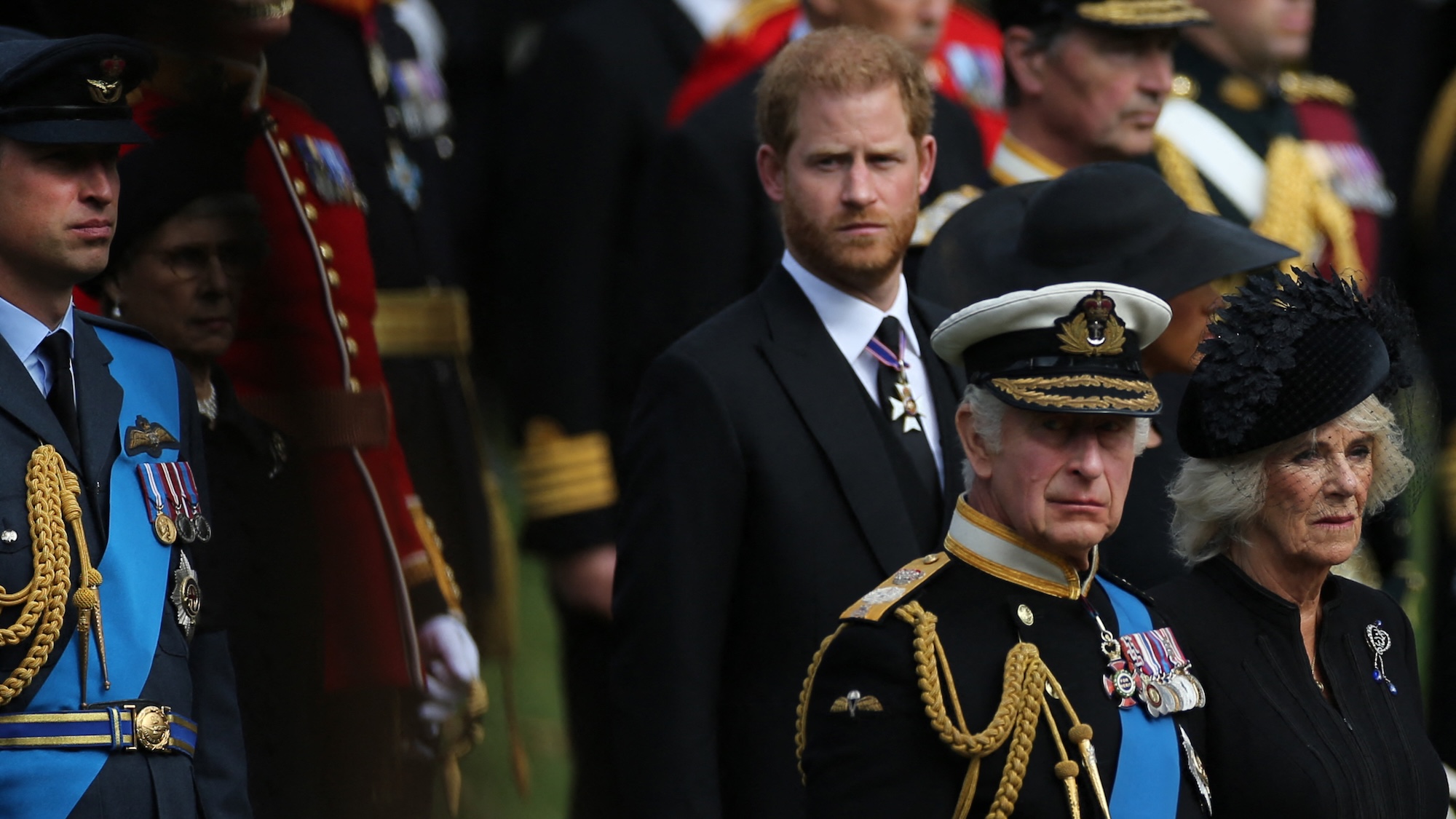 King Charles and Prince Harry: peace in our time?
King Charles and Prince Harry: peace in our time?Talking Point Leaked images of a secret meeting between royal aides suggest a dialogue is beginning to open up
-
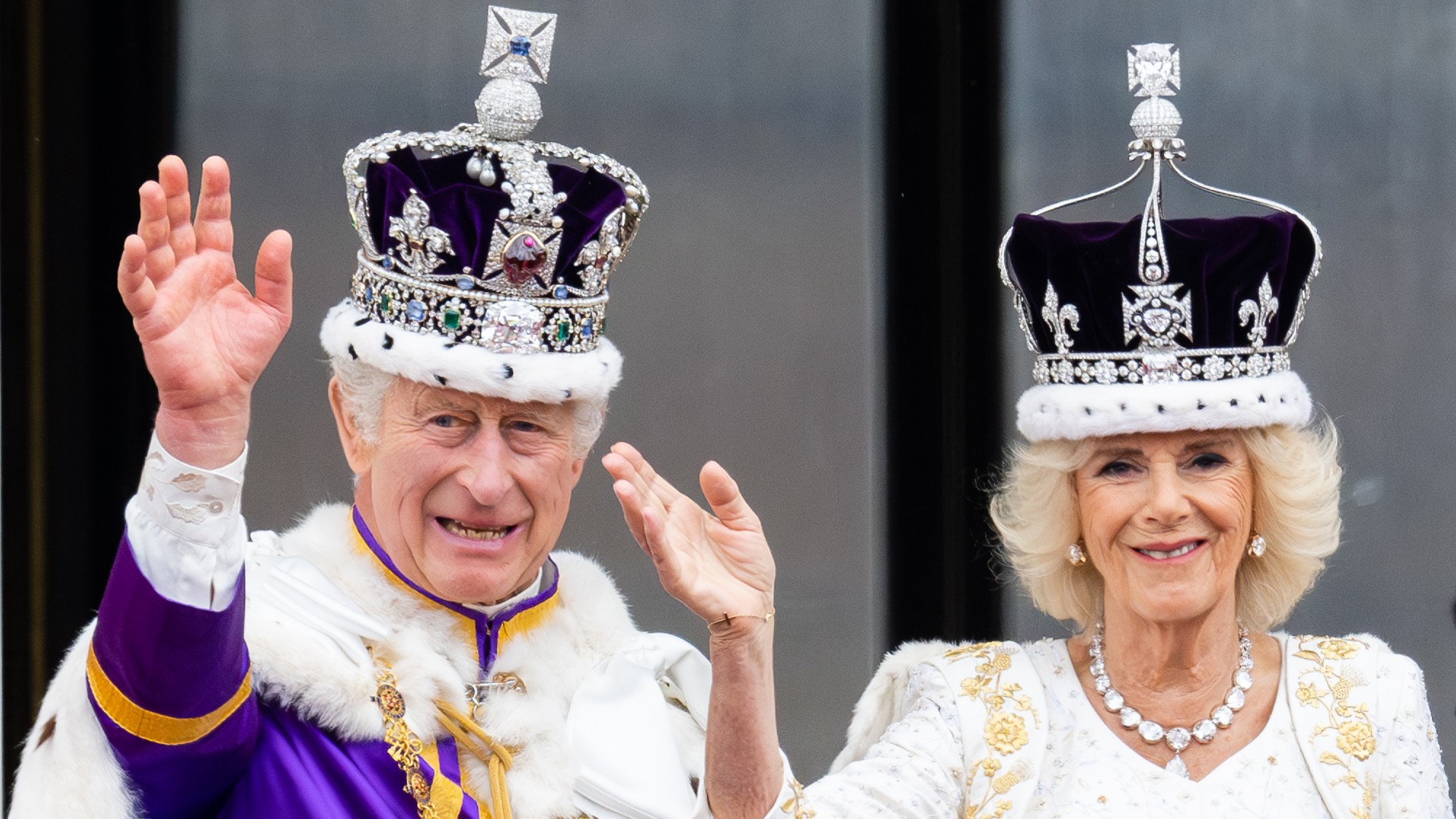 King Charles and the Sovereign Grant: how UK taxpayers fund the monarchy
King Charles and the Sovereign Grant: how UK taxpayers fund the monarchyThe Explainer Royals received £86.3m from government last year – and they are in line for a 50% increase